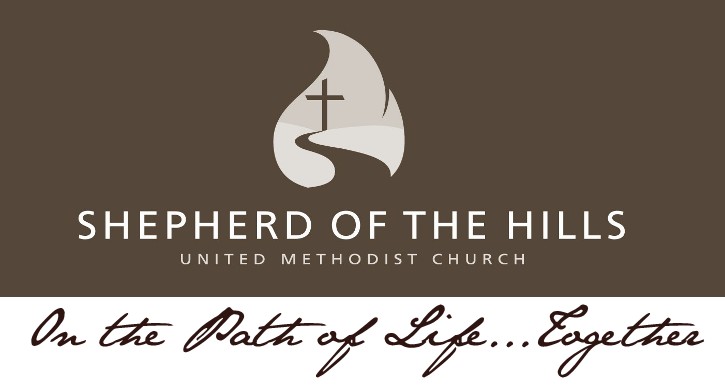 Luke 13:1-9 (The Message)
Luke 13:1-9 (The Message)About that time some people came up and told him about the Galileans Pilate had killed while they were at worship, mixing their blood with the blood of the sacrifices on the altar.
Jesus responded, "Do you think those murdered Galileans were worse sinners than all other Galileans?
Not at all.
Unless you turn to God, you, too, will die.
And those eighteen in Jerusalem the other day, the ones crushed and killed when the Tower of Siloam collapsed and fell on them, do you think they were worse citizens than all other Jerusalemites?
Not at all.
Unless you turn to God, you, too, will die."
Then he told them a story: "A man had an apple tree planted in his front yard. He came to it expecting to find apples, but there weren't any. He said to his gardener, 'What's going on here? For three years now I've come to this tree expecting apples and not one apple have I found.
Chop it down! Why waste good ground with it any longer?'
"The gardener said, 'Let's give it another year. I'll dig around it and fertilize, and maybe it will produce next year; if it doesn't, then chop it down.'"
This passage from Luke is amazing because it's about as close as we'll ever get to hearing Jesus directly answer the question, "Why?"
It's a question that we ask very often.
"Why me, Lord?" "Why them, Lord?" "Why do bad things happen to good people, Lord?"
The people in Jesus' time were sure that they had the answer. If something bad happens to you, it must be because of some secret sin. It must be because you're a bad person.
Jesus' answer changes all of that.
The "tower of Siloam" that killed those 18 people? Those people were no worse than any others.
Jesus' point? Time is short for all of us. We do live in a world that is broken, and sometimes tragedy happens.
What does that mean?
Put simply, it means that we need to get right with God while it's still called "today."
Jesus followed this plain but difficult teaching with a story about an apple tree. If it wouldn't produce fruit, the apple tree owner thinks, "cut it down."
Common sense.
Except that the gardener sees another way. "Let me fertilize it." I love the King James Version of this passage, because the gardener actually says, "let me dung it."
Dung. In the bible.
We know what that is, right? And Jesus' story tells us that it's the stuff that makes things grow.
Sometimes in our lives, towers will fall. There will be tragedy and injustice that we just can't quite understand.
Those things are opportunities. They are reminders that we're called to repentance. And they are the fertilizer that can bring green shoots of new growth after the storm.
Prayer: We pray to learn the lessons of this scripture. Father, we ask in Jesus' name that you will teach us how to appreciate opportunities, no matter how difficult the times may seem.
Glory be to the Father, and to the Son, and to the Holy Spirit. As it was in the beginning, is now and ever shall be. World without end. Amen.

No comments:
Post a Comment